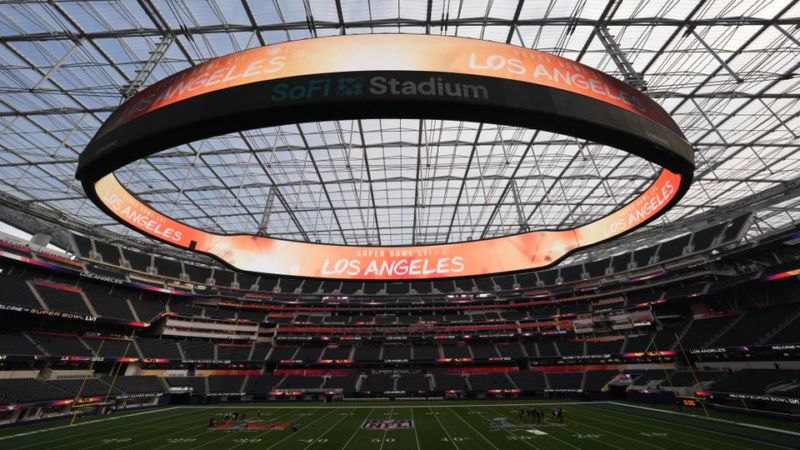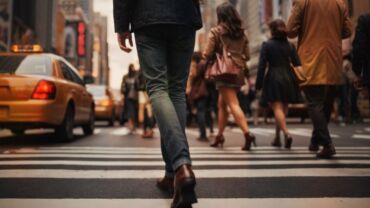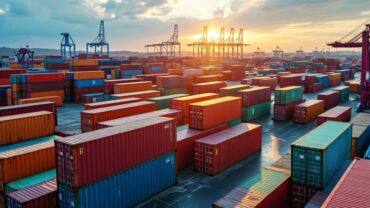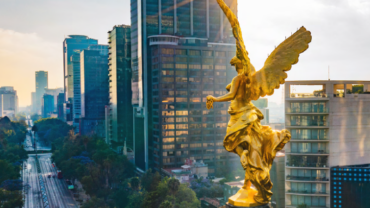How can private agencies and law enforcement work together to combat human trafficking at major events like the Super Bowl?
Human trafficking around the world — and across the U.S. — is on the rise. In fact, human trafficking has flourished during the pandemic, according to latest State Department analysis. A perfect storm of an increase in the numbers of individuals at risk, combined with the ability of traffickers to take advantage of the pandemic and the diversion of public resources to respond to it, have contributed to this growth in human trafficking.
As a result, human trafficking is a year-round concern and law enforcement efforts to tackle it are underway every single day, 365 days a year. Within this, it’s possible to identify certain moments where human trafficking activity is more concentrated, typically at large events such as the Super Bowl, which unfortunately seems to attract human traffickers and global criminal organizations that seek to take advantage of the influx of visitors and temporary workers. Indeed, it’s estimated that up to 66% of the global profits from human trafficking (approximately $150 billion) come from sexual exploitation — and major sporting events have become their own human trafficking Super Bowls.
In the last several years, there has been a drive to target human trafficking activities at the Super Bowl. Law enforcement has worked in cooperation with organizations such as the NFL Super Bowl Host Committee, non-profits, hotels, financial institutions, and even truck stops along the way to enlist their aid in finding patterns that point to human trafficking and sexual exploitation. For example, financial institutions have leveraged their financial intelligence and anti-money laundering capabilities to help identify suspicious financial activity and alert law enforcement through the filing of Suspicious Activity Reports (SARS).
It’s estimated that up to 66% of the global profits from human trafficking come from sexual exploitation — and major sporting events have become their own human trafficking “Super Bowls”.
During this years’ Super Bowl in Los Angeles in mid-February, private agencies (including TRSS) partnered closely with law enforcement to support their efforts to investigate and tackle human trafficking taking place around the event. Analysts and data scientists worked with law enforcement to leverage technology and data to help identify and combat this heinous activity and rescue human trafficking victims.
The importance of this action is clear. Just after the Super Bowl, the L.A. Sheriff’s Department announced the results of the investigations, known as “Operation Reclaim and Rebuild” — led by the Los Angeles Regional Human Trafficking Task Force and more than 80 participating federal, state, and local law enforcement agencies, and task forces from across California. The Operation led to 182 arrests for solicitation and 30 arrests for suspected trafficking and exploitation, as well as the rescue of 65 adult victims and seven victims who were minors. Each trafficker may have hundreds of victims and each arrest could lead to many other traffickers down the road as law enforcement continues to carry out their investigations within each of their networks.
“Operation Reclaim and Rebuild is a state-wide operation which displays the mutual commitment of California law enforcement, social service agencies, and victim service providers in the fight to end sex trafficking,” the Los Angeles Regional Human Trafficking Task Force commented in a statement. “The L.A. Regional Human Trafficking Task Force is an example of how individual entities can be far more effective, when they join together in a shared mission.”
While human trafficking unfortunately intensifies during large events, often leading to a significant increase in the purchase of adults and children for commercial sex — this is an everyday problem that takes place in large and small communities throughout the United States and around the globe.
Private agencies and law enforcement that join in a shared mission can play a role in empowering data for good to inform the way forward and help tackle this horrific global crime.
You can learn more about how agencies work together to combat human trafficking here.







